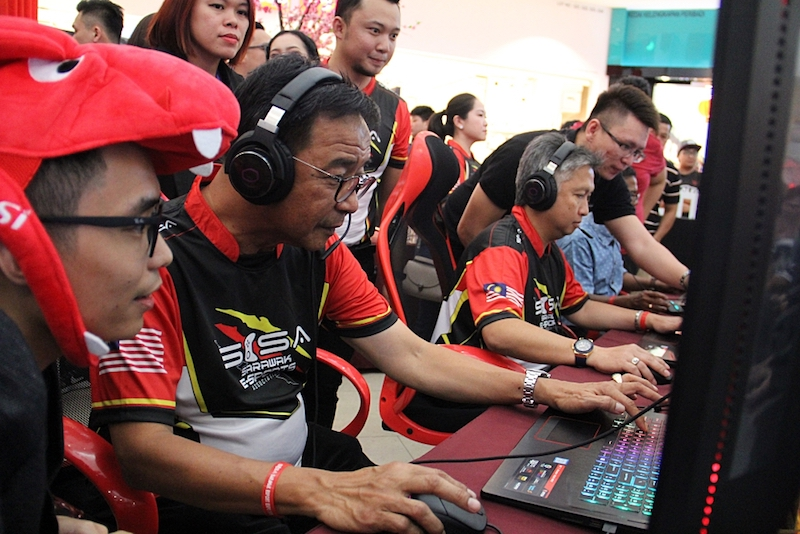The esports industry continues to grow at an unprecedented pace, and 2025 has proven to be a landmark year for mergers and acquisitions. From gaming organizations expanding their global footprint to tech giants investing heavily in esports platforms, these acquisitions are reshaping the competitive gaming landscape.
In this blog, we’ll explore the biggest esports acquisitions of 2025, highlight key players leading the charge, and examine what these deals mean for the future of the industry.
Experience Top-Tier Gaming at Club99 – Click Here to Start Winning!
1. Riot Games Acquires Esports.gg
Why It Matters
Riot Games, the developer behind League of Legends and Valorant, made waves by acquiring Esports.gg, a leading content platform. This acquisition solidifies Riot’s dominance in the esports ecosystem, enabling them to control both competitive gaming and its media coverage.
Key Impacts
- Enhanced storytelling around LoL Worlds and Valorant Champions.
- Deeper fan engagement through exclusive content and analytics.
2. Tencent Expands Its Portfolio with Garena Acquisition
Why It Matters
Chinese tech giant Tencent has acquired Garena, the publisher behind Free Fire. This strategic move positions Tencent as a leader in mobile esports, strengthening its influence across Southeast Asia and Latin America.
Key Impacts
- Integration of Free Fire into Tencent’s ecosystem, alongside PUBG Mobile and Honor of Kings.
- Consolidation of Tencent’s dominance in mobile gaming and esports markets.
3. FaZe Clan Merges with G2 Esports
Why It Matters
In a groundbreaking merger, two of the biggest names in esports—FaZe Clan and G2 Esports—have joined forces. This partnership creates a global powerhouse, blending FaZe’s influence in North America with G2’s stronghold in Europe.
Key Impacts
- Access to a larger audience across two major regions.
- Expanded sponsorship opportunities with global brands.
4. Microsoft Acquires Team Liquid
Why It Matters
In one of the most surprising moves of 2025, Microsoft acquired Team Liquid, a multi-title esports organization. This acquisition reflects Microsoft’s commitment to esports, particularly with its focus on Xbox and PC gaming.
Key Impacts
- Enhanced integration of Team Liquid into the Xbox ecosystem.
- Increased funding for Team Liquid’s operations and global expansion.
5. Sony Enters the Esports Scene with Cloud9 Acquisition
Why It Matters
Sony’s acquisition of Cloud9 marks its first major foray into esports. Known for its PlayStation dominance, Sony’s move diversifies its gaming portfolio and positions it as a key player in competitive gaming.
Key Impacts
- Collaboration between Cloud9 and PlayStation for exclusive content and events.
- Strengthened competition against Microsoft’s esports initiatives.
6. YouTube Gaming Buys Twitch Rivals
Why It Matters
In a bold play to dominate live streaming, YouTube Gaming has acquired Twitch Rivals, Amazon’s popular esports competition platform. This move enhances YouTube’s streaming capabilities and consolidates its presence in esports.
Key Impacts
- Exclusive streaming rights for top-tier tournaments.
- Attracting more creators and esports organizations to YouTube Gaming.
7. Epic Games Acquires Evil Geniuses
Why It Matters
Epic Games, the creator of Fortnite, acquired Evil Geniuses to bolster its presence in the esports scene. This move aligns with Epic’s strategy to expand beyond game development and into competitive gaming.
Key Impacts
- Increased esports visibility for Fortnite and Rocket League.
- Synergy between Epic Games’ platforms and Evil Geniuses’ competitive teams.
8. EA Sports Acquires TSM
Why It Matters
Electronic Arts (EA) has acquired TSM, one of the most recognizable names in esports. The acquisition strengthens EA’s esports ambitions, particularly with titles like Apex Legends and FIFA.
Key Impacts
- Integration of TSM’s brand into EA’s competitive ecosystem.
- Expansion of TSM’s presence in EA-hosted tournaments.
9. Amazon Enters Mobile Esports with BIG Acquisition
Why It Matters
Amazon has acquired BIG (Berlin International Gaming) to tap into the growing mobile esports market. This acquisition aligns with Amazon’s growing interest in esports through its gaming division.
Key Impacts
- Focus on expanding mobile esports initiatives.
- Opportunities for BIG to leverage Amazon’s technological infrastructure.
10. Blizzard Entertainment Merges with Navi
Why It Matters
Blizzard Entertainment’s merger with Natus Vincere (Navi) signifies its commitment to revitalizing its esports efforts. Known for titles like Overwatch and Hearthstone, Blizzard aims to rebuild its competitive gaming presence.
Key Impacts
- Renewed focus on Blizzard’s esports leagues.
- Strengthened collaboration with Navi’s established fanbase.
What These Acquisitions Mean for Esports
1. Increased Professionalization
These deals signal a move toward more structured and professional esports ecosystems, similar to traditional sports leagues.
2. Expanding Market Reach
With companies like Tencent and Sony leading acquisitions, esports is becoming even more global, reaching new audiences and markets.
3. Boost in Player Opportunities
Increased funding and infrastructure will provide more opportunities for players to grow, both competitively and financially.
4. Innovation and Collaboration
These acquisitions pave the way for exciting collaborations, new tournament formats, and fan experiences.
Looking Ahead: The Future of Esports in 2025
The acquisitions of 2025 are setting the stage for a more interconnected and innovative esports industry. With tech giants and gaming companies investing heavily, the next chapter of esports promises to be more competitive, inclusive, and engaging than ever before.


